As part of the Linked Digital Future initiative, CAPACOA has been exploring how Indigenous knowledge can be adequately and respectfully represented over the Web of data. Most recently, we undertook one-on-one consultations with Indigenous artists to understand what work needs to be done to support respectful representation in Wikidata.
Reciprocal learning
We invited five artists to create their own Wikidata item (an entry for the artist). As we provided step-by-step instructions, we also collected their feedback. We asked: “Is Wikidata capable of representing who these artists are as Indigenous arts and culture practitioners?” And “Can Wikidata be a means of achieving Indigenous data sovereignty?”
As of today, this consultative activity led to the creation of the following Wikidata entries:
What is Wikidata?
Wikidata is a free, open and multilingual knowledge base. It is a source of information trusted by search engines.
Find out more in these Wikidata tutorials
While this project isn’t over yet, we have learned so much already. Once all of the consultations are complete, we will publish a full report of our findings. In the meantime, here are a few of our initial thoughts.
Reconciling names and concepts
Wikidata is all about concepts. Generally, most Wikidata users care more about the description of a concept than the label used to name that concept.
However, for Indigenous artists wanting to affirm their identities in the digital space, how things are named matters a great deal. Wikidata may have a capacity to display the same information in multiple languages, including Indigenous languages, but that’s not sufficient. When it came to stating their identity, Indigenous artists wanted the English version of Wikidata to display their nation name as they call their people in their own language – not by the exonym given to their people by European settlers. For example, the would like the Cree People to be displayed as “Nehiyawak” in the English version of Wikidata. Unfortunately, despite all of the languages available in Wikidata, “decolonized English” is not an option yet.
Nevertheless, Wikidata is demonstrating some capacity to represent Indigenous arts practices such as hoop dance, fancy dance, jingle dance, and beadwork. Over the course of the project, we also stumbled upon an attribute called “significant place”, which could prove useful to express an artist’s connection to their land.
It is still too early to affirm if Wikidata will be an appropriate knowledge base to share information about Indigenous artists and their practices.
We’re undertaking a journey. Following the paths of Indigenous Wikimedians. Walking alongside five courageous Indigenous artists. Leaving behind a few additional traces. Decolonizing, if ever so slightly, this digital space called Wikidata.
Anju Singh, Brit Johnston, Frédéric Julien
Initally published June 22, 2021. Revised July 20, 2021.
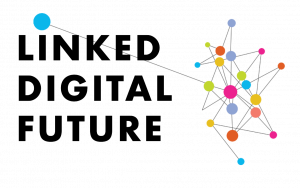
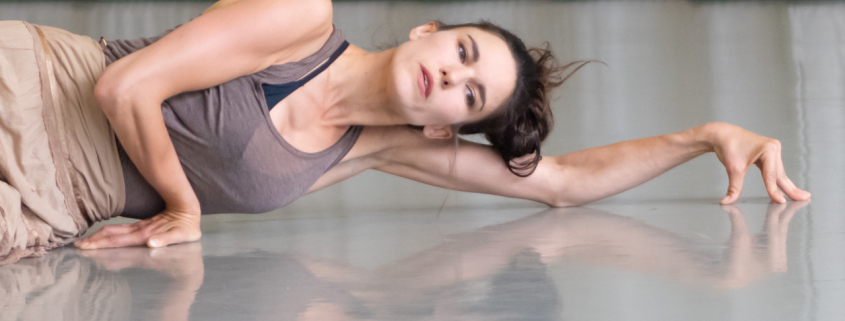
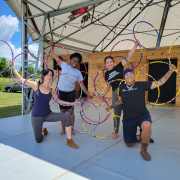
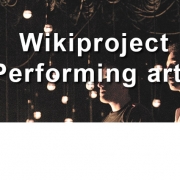
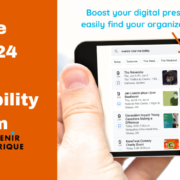
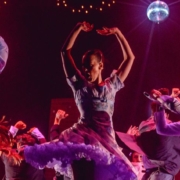 CC BY 4.0
CC BY 4.0 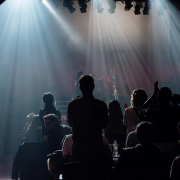 CC-BY 4.0
CC-BY 4.0 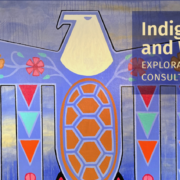 CC BY-SA 4.0
CC BY-SA 4.0 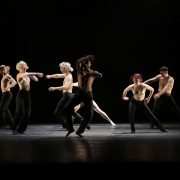 CC BY 2.0
CC BY 2.0 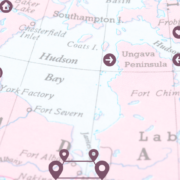





Leave a Reply
Want to join the discussion?Feel free to contribute!